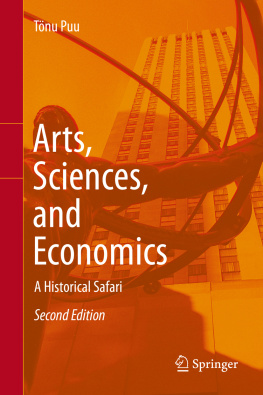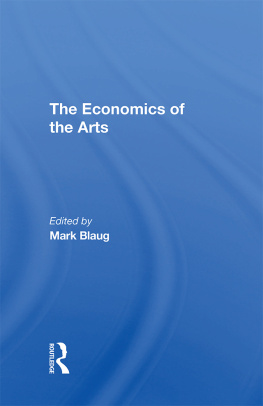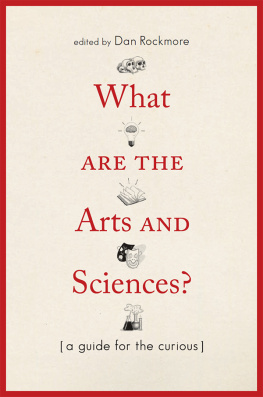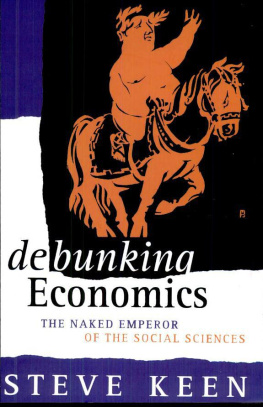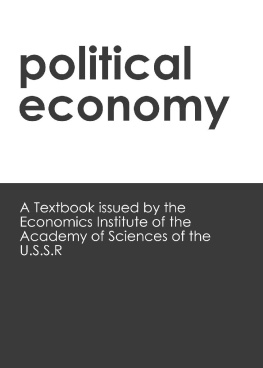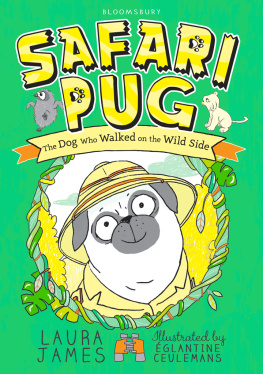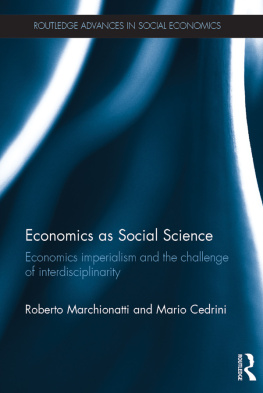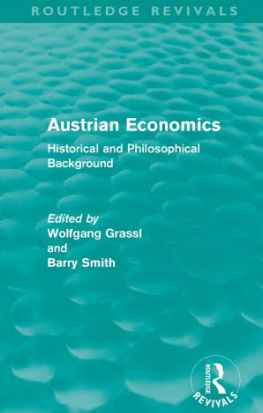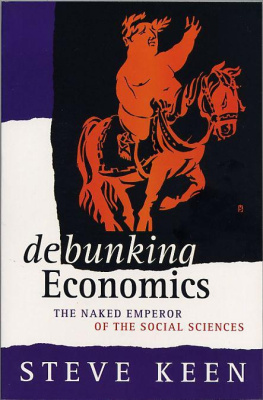1. Culture and Civilization
This book has no claims on being a work in the field called the economics of culture, the main reason being that its author has no expertise in that particular area. The economics of culture is nowadays a well defined research area in economics, with its proper specialists, publications, journals, conferences, and university courses. For a modern authoritative book on the topic see Bruno Frey, Arts & Economics .
The main issue for the economics of culture seems to be to prove that culture is good and should be favoured. The message is directed to the political establishment, and it is implicit that this can be influenced to the favour of culture only if it can be established that culture promotes economic development, either on the local, the regional or the national stage.
This implicitly defines a supreme goal for all economic activity to produce material welfare. If culture in its function of a recreation for a hard working population can contribute to enhance productivity in the material sense, it is good. Nobody says that it otherwise is not, but it lies in the air.
1.1 Current Threats
The social mission of cultural economics is therefore beneficial, even necessary, for defending culture. First, there is nowadays very little room for such conspicuous consumption that historically provided for production of culture. Second, the production of culture, thus having to rely on the public sector for support, tends to be politically caught between a pair of pincers, provided by a populist socialism on one hand and an extreme neo-liberalism on the other.
The former suspect culture of any other provenance than the popular to be a harmful manifestation of bourgeois mentality and therefore a threat. The splendid social settings that continue to go with many cultural events are hardly suited to remove such prejudice.
The latter would like to dismantle all public services and relegate production to the free market. This, of course, is negative for culture, because its bulwarks, in terms of public libraries, museums, theatres, opera houses, concert halls, and festivals, normally benefit from substantial public subsidies. Anyhow, both political sides currently collaborate against culture.
Therefore it is essential to point out, as specialists in cultural economics in fact do, that, for instance, markets do not work in the case of public goods. Market solutions also fail in the case of art and science because the production period is very long, taking in account the training of artist/scientist, and because the future benefits cannot be foreseen at all by any informed critics or peer groups, as historical experience tells us. They may even accrue over periods much longer than a lifetime.
It, moreover, is a pity to subscribe to the market ideals of the worshippers of the Temple of the Invisible Hand, be they left- or right-handed, who refuse to distinguish between good and bad taste, and who prefer to concede consumer preferences supremacy, no matter how good or bad taste they reflect.
1.2 Reversed Perspective
Why not simply regard things the other way? Material living standard as an indirect benefit, a means of producing culture as an ultimate end? Such a view may seem to be absurd and arbitrary, but it is no more arbitrary than the opposite perspective from which we use to see things.
There is even an argument for such a perspective shift, in terms of very long run productivity: From that very tiny fraction of resources, allotted over the history of humankind to the production of culture, there remain such things as: monuments, literature, scientific theory, music, paintings, and sculptures.
So, what are the long run remains of the daily material consumption, to which an overwhelming part of the resources were always assigned? The answer is: just skeletons and potsherds. It must be emphasized that a skeleton has to be at least 20,000 years old to be as interesting to posterity as an average poem or theorem.
Anyhow, by accepting to have to prove that culture is beneficial for the production of material wellbeing, for instance to prove that concerts are useful through providing jobs for cloak room attendants and promoting the sales of hot dogs, the economics of culture agrees to reduce the value of culture.
It is as if we evaluated good health in terms of postponed fees to physicians and funeral undertakers. There is admittedly something in such an economistic perspective, but probably so little as to make one wonder whether it is worthwhile to name it at all. It is outright ridiculous to make it the core of an analysis.
This brings us to the fact that the tools normally used to prove the usefulness of culture are those of cost benefit analysis, just as in the economics of natural resources. This is another reason why the author is not very enthusiastic about the economics of culture, as it is his firm belief that, if there ever was a really shaky field of economics, it is welfare economics and all its spiritual children.
The reason for this is the extensive use these fields make of cardinal and additive utilities, things which were once successfully discarded to the favour of weak rationality as represented by revealed preference. It is itself an interesting story how cardinal utility re-entered economics through its first recycled use in the expected utility doctrine. That theory, however, had an axiomatic basis. Today nobody is any longer the least concerned with justifying any kind of social utility functions. Utilities for different time periods and even for different people are added, so that one might ask whether economists again, like Bentham once, think of utility as some mysterious substance composed of utils which can be counted, measured, and weighted. Under the cloak of scientific objectivity economists again even make scientific recommendations on such necessarily controversial issues as progressivity in taxation.
There is, of course, nothing wrong with benefit cost analysis, if we accept that it, with all its weaknesses, is just a heuristic tool devised to complement the debits and credits of a private firm with the damages and benefices they cause to a third party.
It is when we start thinking that consumers surpluses, social discount factors, and benefit cost ratios have any objective scientific sense above such heuristic tools, that we really enter the marsh-land. This is a personal belief which definitely is not shared by the majority of the economics profession today.
Nevertheless, given the prejudices by the author, there still exist several perspectives for economics to be applied to cultural activities, and some concepts from the standard repertory become quite useful for understanding what is going on in that sector of the economy.
1.3 Civilization: Frazer
As for a general starting point, I think there is a much better argument for the case of culture than the promotion of material welfare, provided we at all need an argument for one of the things that make life worth living. That is the obvious link between culture and civilization. Of course, I cannot tell why civilization is important either, I just think it is. Even Euclid could not do without some axioms to start from!
Few single books have had a greater impact on the authors mind than Sir James Frazers The Golden Bough , published in the years 19071915. It can be read in many different ways. I read it as a history of civilization.

